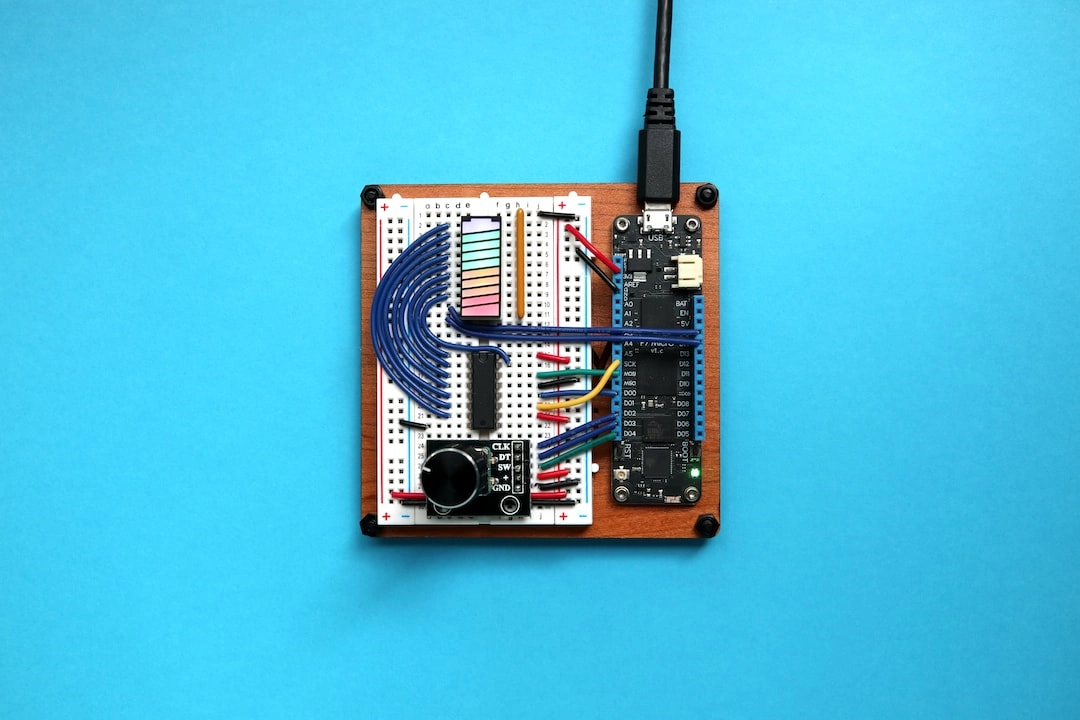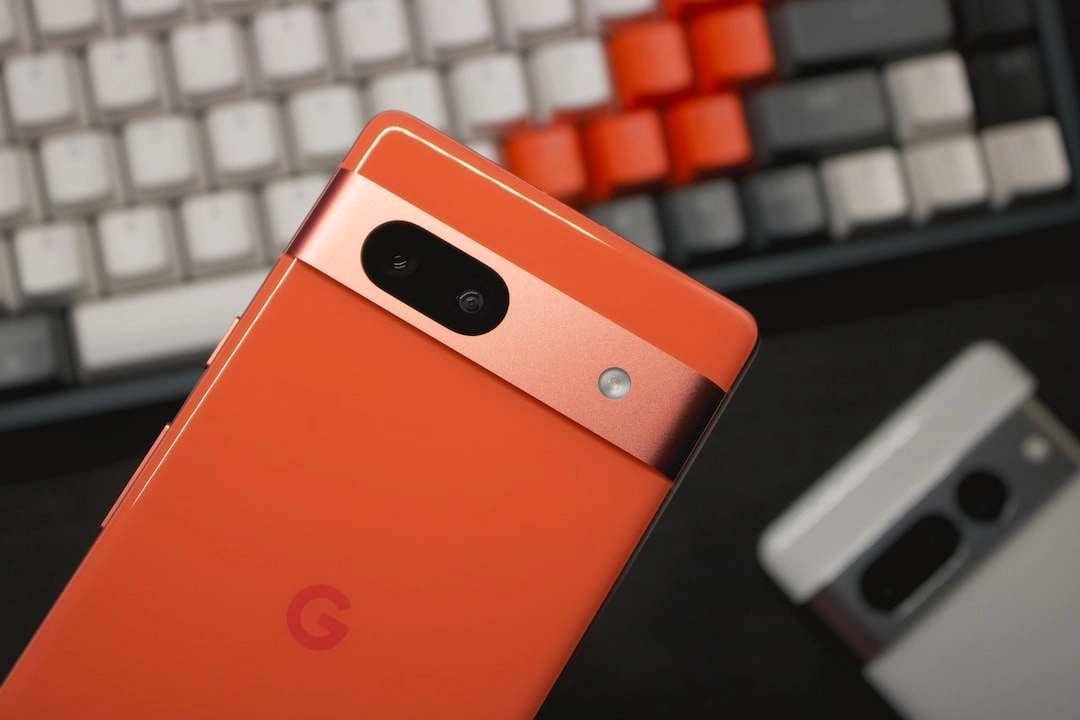What it is:
Ecoconscious ways to minimize the environmental impact of personal electronics refer to the various practices and strategies that individuals can adopt to reduce their ecological footprint when using and disposing of electronic devices. These practices aim to mitigate the negative environmental consequences associated with the production, use, and disposal of personal electronics, such as smartphones, laptops, and tablets.
Real-world problems:
The increasing adoption and dependence on personal electronics have led to several environmental issues that need to be addressed:
1. Electronic waste:
The rapid advancement in technology has resulted in frequent upgrades and shorter lifecycles of electronic devices. As a result, electronic waste (e-waste) has become a significant problem globally. Improper disposal of e-waste can lead to hazardous materials leaching into soil and waterways, causing pollution and health risks.
2. Resource depletion:
The production of personal electronics requires significant amounts of natural resources, including rare minerals, metals, and fossil fuels. Mining and extraction of these resources can lead to habitat destruction, deforestation, and contribute to greenhouse gas emissions.
3. Energy consumption:
Personal electronics consume substantial amounts of energy during their production, use, and charging. The energy used is often sourced from non-renewable fossil fuels, leading to increased carbon emissions and contributing to climate change.
4. Packaging waste:
The packaging of personal electronics often involves excessive use of plastic and other non-recyclable materials. This contributes to the generation of waste and adds to the burden on landfill sites.
5. Planned obsolescence:
Some personal electronics are designed with planned obsolescence, meaning they are intentionally made to become outdated or non-functional after a certain period. This practice encourages frequent upgrades and wasteful consumption, contributing to electronic waste and resource depletion.

Solutions to minimize the environmental impact of personal electronics:
Addressing the environmental challenges associated with personal electronics requires a collective effort. Here are some ecoconscious solutions that individuals can implement:
1. Responsible disposal and recycling:
Properly dispose of electronic devices by recycling them through certified e-waste recycling programs. This ensures that valuable materials are recovered and hazardous substances are handled safely.
2. Extending the lifespan of devices:
Maximize the usage of personal electronics by using them for their entire lifespan. Consider repair and upgrade options instead of purchasing new devices unnecessarily.
3. E-waste reduction:
Avoid unnecessary purchases and consider borrowing or renting electronic devices when possible. Opt for second-hand devices or refurbished ones, which helps reduce demand for new production.
4. Energy-efficient usage:
Conserve energy by turning off or putting electronic devices into sleep mode when not in use. Adjust display brightness, use power-saving settings, and switch to energy-efficient charging options such as using solar chargers or smart power strips.
5. Choosing sustainable brands:
Look for electronics brands that prioritize sustainability and have eco-friendly practices throughout their supply chains. Consider factors such as energy efficiency, recyclability, and commitment to environmental certifications.
6. Repair and upcycling initiatives:
Support repair initiatives and upcycling programs that extend the lifespan of electronic devices. This helps reduce e-waste and encourages a circular economy approach to electronics.
Implementing these solutions can help minimize the environmental impact of personal electronics and promote sustainability in the tech industry. Collectively, these actions contribute to the conservation of resources, reduction of electronic waste, and mitigation of climate change impacts.













